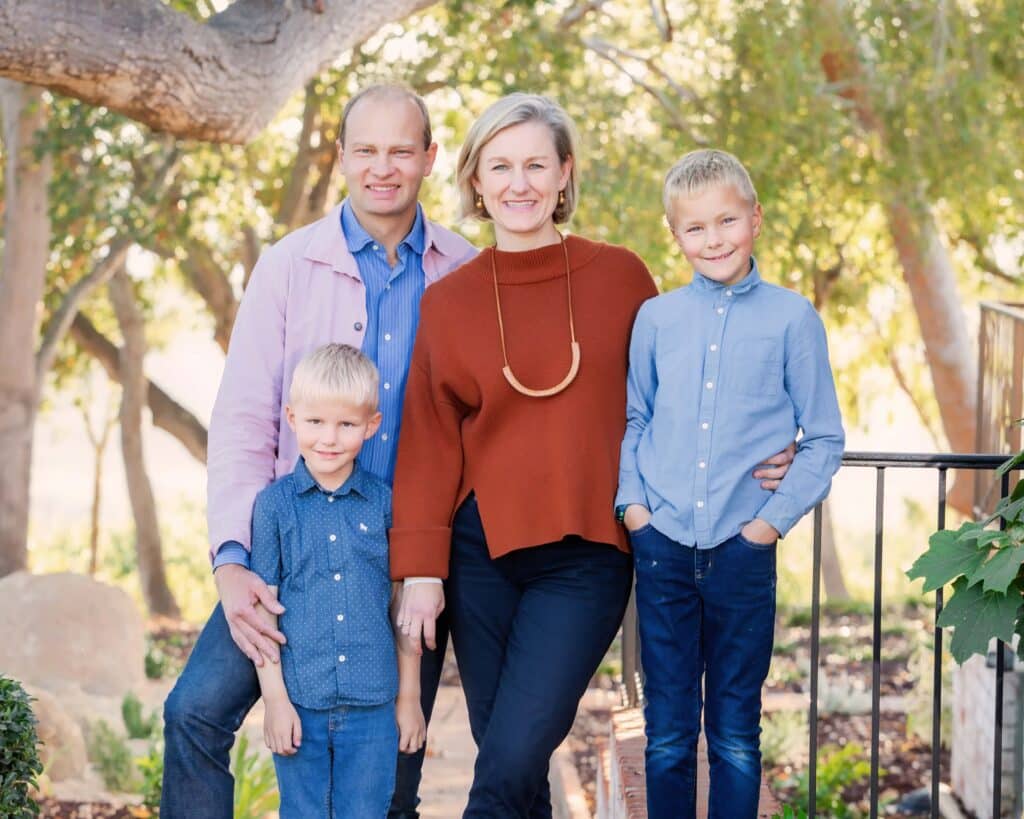Head of School’s Notebook: In Loco Parentis – How are the Kids?
May 10, 2024
Whenever someone asks me, “How are the kids?” I hesitate and often respond by saying, “Which ones?” I don’t know what this says about me as a mother, but my first instinct is to think about the “kids” at Cate. As we approach Mother’s Day, I’ve been reflecting on what in loco parentis means for me and our devoted faculty as we each carry children – perhaps our own and certainly yours – in our minds and hearts each day.
Last week, I ran into a parent of my former advisee, Michelle. We quickly fell into conversation about her daughter, almost as if we were co-parents, jointly celebrating Michelle’s recent career successes and fretting about the pace of her life, a concern we had for her over 10 years ago. I felt a tremendous sense of joy and maternal pride in hearing how Michelle is thriving in her Brooklyn life. I found myself thinking I wish 17-year-old Michelle could hear this conversation now. As her advisor, I served as a membrane for both Michelle and her mother, filtering out the sharp edges of those high school years and helping each of them trust herself in the achingly beautiful but painful process of growing up and letting go. Just as a river guide knows which rapids lie around the bend, I helped Michelle and her mom navigate the foreign and fraught territory of adolescence by reading the water and nudging them to avoid the rocks (or the big ones, at least).
The central task of adolescence is to individuate from caregivers in preparation for living independently and thriving as an adult. The importance of a “supportive non-parental adult” (SNPA) is well documented in the field of developmental psychology as playing a transformative role in promoting psychosocial well-being and academic success. The literature stresses that teenagers need at least one adult to serve as a SNPA – here at Cate, our students have dozens of trusted adults involved in each aspect of their school day guaranteeing layers of support for every possible need. Equally important, is how these adults alleviate the stress for parents as we serve as a bridge to and from their child and as expert guides. Not only is this powerful for our students and their parents, but meaningful to each of us who have chosen a life of service in schools.
Just as parents suffer when their children push back on their love and support, we too feel the sting when our efforts are rejected. However, as educators, we know this river well enough to know the power of unconditional positive regard as essential in our work with students and we trust the thick web of support we weave together.
As if by magic, Michelle wrote to me yesterday to say, “I was so lucky to be in an environment that fostered in me a love of learning and made me think about the kind of person I wanted to be. I wish I had expressed to you at the time how grateful I was for you!” These are just the words that every educator (and mother) wants to hear, reminding us of the importance of presence, patience, and perseverance.
In response to the question – how are the kids? – I can confidently say they’re well on their way to becoming thriving adults who one day may drop a line of gratitude just in time for Mother’s Day.
